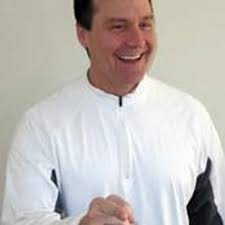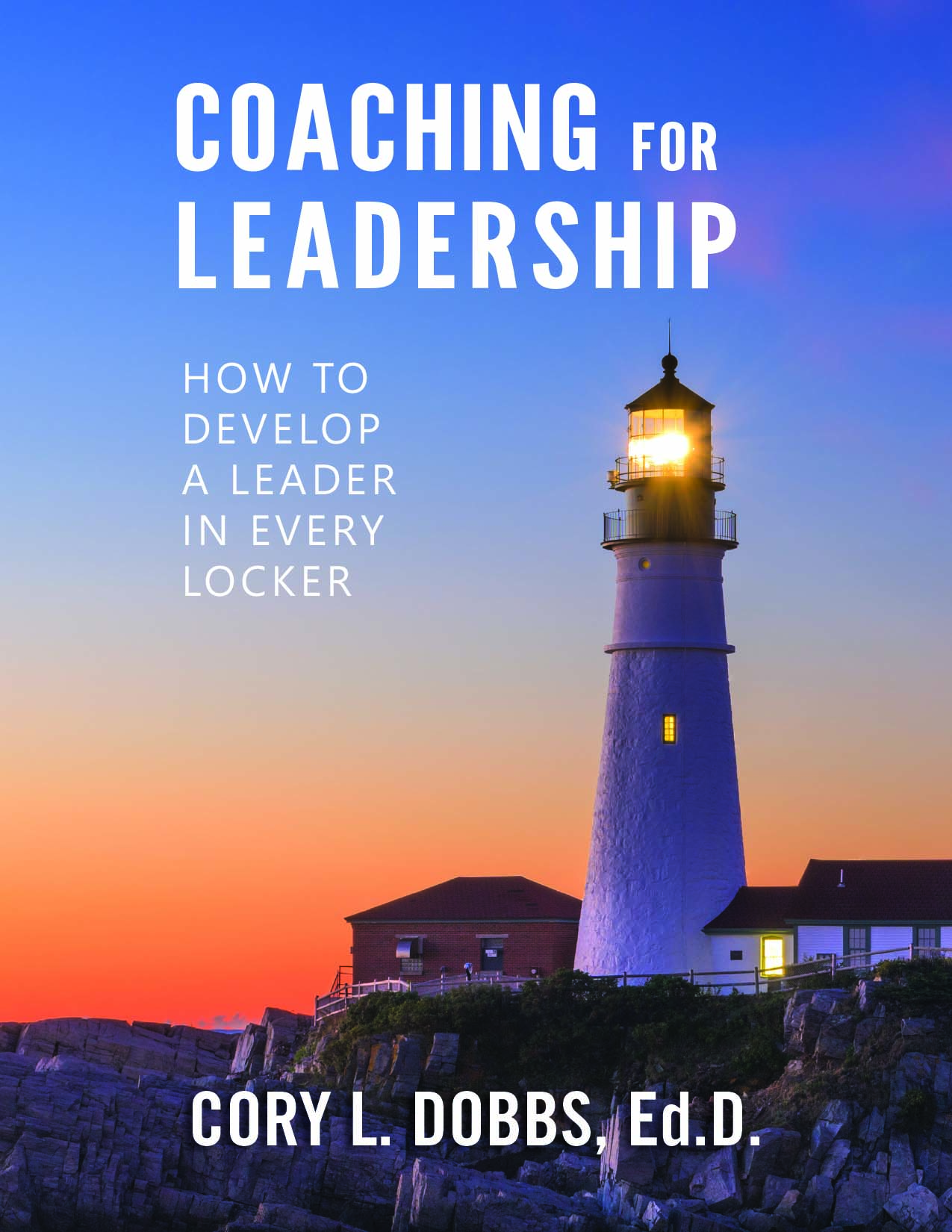
Are You Trustworthy?
Dr. Cory Dobbs
The Academy for Sport Leadership
Make no mistake about it: trust is a cornerstone of every relationship. With it you can build a great coaching staff and team of student-athletes. Without it, well…
Every leadership act and the reception of those acts involve trust. It is expressed in every encounter; it is something we experience in every interaction with another human being. Healthy relationships are the product of trust and the foundation of cohesive teams. And unhealthy relationships, those lacking in reciprocal trust, invites distrust, deceit, selfishness, isolation, and rips relationships apart.
It’s safe to say that your coaching colleagues and players demand trustworthiness. But what exactly is trust?
Trust is a multi-faceted concept that leaders can gain, and lose. In order to better understand trust, we must consider its four dimensions. Here’s a framework I use to analyze trustworthiness.
Cognitive Trust: Cognitive trust is knowledge-driven. It emerges from one’s knowledge of the situation and expressed by alignment of a coach’s words and actions. This allows a player to predict whether or not a coach is to be trusted in certain situations.
Affective Trust: This is the emotion-driven element of trust that can create either great depth of relationship, or shallow transactional interactions. Affective trust arises from one’s feelings generated by the level of care and concern demonstrated by the coach.
Procedural Trust: This is the process-driven component to leadership trust. To achieve objectives every team has a wide range of systems or procedures—ways of doing things. Your offensive/defensive style and philosophy are bounded by procedures. Coaches are seemingly always “selling” their system and looking for “buy in” by the student-athlete.
Purposive Trust: This is the mission-driven component. Shared values and shared goals, as they relate to the growth and development of the student-athlete, form the foundation of purposive trust. This type of trust refers to your actions having or serving a purpose that benefits all today and tomorrow.
These are not trivial distinctions. Your credibility is at stake daily. You can be trustworthy in three dimensions and distrusted in the other dimension, and therefore labeled as untrustworthy. However, by detecting the dimension that is holding down your trustworthiness, you can correct course and earn the trust and confidence of others.
New to the Second Edition of Coaching for Leadership!
We are pleased to announce a new chapter to the second edition of the best-selling Coaching for Leadership. The chapter, The Big Shift: Unlock Your Team’s Potential by Creating Player-Led Teambuilding, connects the previous edition of this book to its origin, as well as to the future of team sports.
The new chapter sets forth a practical and applicable agenda for change and improvement. The reader is introduced to seven vital elements of change; seven shifts of traditional mental models that lead to the new core principles necessary for creating a player-led team culture. Click here for more information about Coaching for Leadership
About Cory Dobbs, Ed.D.
Cory Dobbs is the founder of The Academy for Sport Leadership and a nationally recognized thought leader in the areas of leadership and team building. Cory is an accomplished researcher of human experience. Cory engages in naturalistic inquiry seeking in-depth understanding of social phenomena within their natural setting.
A college basketball coach, Cory’s coaching background includes experience at the NCAA DII, NJCAA, and high school levels of competition. After a decade of research and development Cory unleashed the groundbreaking Teamwork Intelligence program for student-athletics. Teamwork Intelligence illuminates the process of designing an elite team by using the 20 principles and concepts along with the 8 roles of a team player he’s uncovered while performing research.
Cory has worked with professional athletes, collegiate athletic programs, and high schools teaching leadership and team building as a part of the sports experience and education process. As a consultant and trainer Dr. Dobbs has worked with Fortune 500 organizations such as American Express, Honeywell, and Avnet, as well as medium and small businesses. Dr. Dobbs taught leadership and organizational change at Northern Arizona University, Ohio University, and Grand Canyon University.







